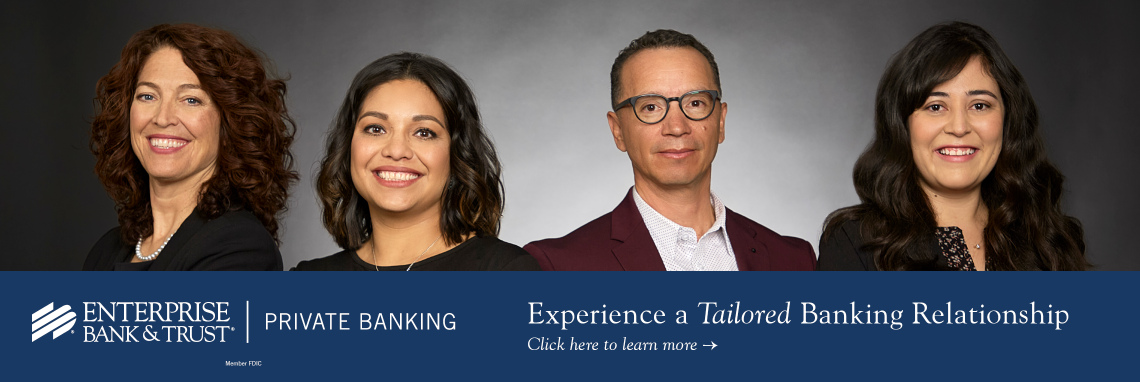Simran runs the non-profit Birthing Tree in Santa Fe. Having been trained as a midwife in New Zealand and Europe, both with far better support services for pregnant women than the U.S., she brought her vast knowledge here. Lucky for us.
Birthing Tree offers doula services – trained professionals providing physical, emotional, informational support – before, during, and after births. Because New Mexico has so many ‘maternity deserts’, Simran’s doulas often travel long distances to help women during their births, sometimes at their own expense.
I’m biased here, as two of my daughters used doulas, and it was a godsend in both cases. One daughter had a botched epidural and couldn’t have made it without her doula.
The Birthing Tree offers doula services. What do doulas do?
It’s interesting, I’ve been a midwife since 2004, but all the maternity care systems that I had seen didn’t use doulas. I was first inspired about midwifery in the Netherlands; really robust midwifery program there, where they give continuity of care right through pregnancy in people’s homes, where they do the prenatal visits and then postpartum. They assign them a home health nurse for
two solid weeks after the birth. I came from New Zealand, with a very robust midwifery system – that’s where I trained as a midwife. There were no doulas because your midwife was with you from beginning to end, so really long prenatal visits. We were giving up to 12 postpartum visits in the first six weeks. So, doulas were sort of unheard of in those contexts.
When I moved here, I thought midwifery was the comprehensive model of care. But I quickly understood that our maternity healthcare system doesn’t really afford that level of support for parents. That’s when I became more interested in what I see as this essential adjunct, or complimentary service, to the clinical care people get with midwifery or obstetric care.
That’s where doulas come in; they give that extra layer of help. They’re helping people get to appointments, translating if needed, helping them obtain medical home birth support, ensuring that they’re matched up with other resources. There’s just so many layers, and it’s filling a gap that is there in our system. Because we have really poor maternal outcomes in our state.
I took The Birthing Tree over from a woman named Abby Bordner, and she ran it as a small business. Once I came on board, we started to see so many referrals for families who really couldn’t afford a doula. We were turning people away or asking doulas to do the service free of charge, which doesn’t feel fair because it’s really big work. We realized there’s a gap in service. We’re only serving folks who could afford it. That’s when we pivoted to become a nonprofit. That’s allowed us to not turn anyone down. Now we have a sliding scale – we have free grants that support any family that comes to us. And if people can pay, they do.
What is your percentage of people who can’t pay?
About 50 or 60%, and of those almost 70% are Spanish-speaking immigrant families, many of them with no other supports. Medicaid does cover a few things but not this for undocumented families.
The people who can’t pay, are they also seeing a separate doctor?
Oh yes, they don’t do the birth without a doctor or midwife present. Doulas are considered social-emotional support. Of course, they do a lot more than that. There’s lots of tricks and tools to support, in terms of physical supports and all kinds of props that we bring to the birth, but we don’t do anything clinical.
How do immigrant families get doctors? How do they pay them?
Many go through La Familia Medical Center. They have Spanish-speaking providers there, and they have a federally funded grant which supports them giving very low-cost care. They can be on a payment plan, but don’t get charged the same – they wouldn’t bill them what they’re billing the insurance.
But, more than a third of our state is in what we call a “maternity desert.” That means that women must travel more than 30 minutes to a provider. Many of these women are traveling three or four hours to see a provider, particularly a specialist, because specialists like perinatologists – experts in high-risk pregnancies – are only available in hubs like Santa Fe or Albuquerque. They’re driving huge distances, and we’re seeing that so much of the morbidity, co-morbidity and mortality rates are related to access of care.
Even in towns where we have a better provider-to-client ratio, like Santa Fe or Albuquerque, we still see low ratios. There are not enough providers. So, the doulas are offering that continuity of care, and they’re willing to travel. We’re covering all Northern New Mexico, deep into those deserts. We go up to Chama and Rio Arriba and in the other direction, San Miguel County, which is Las Vegas, Mora, Moriarty, those areas.
Why do we have this vast shortage of doctors?
Doctors leave the state because of incredibly expensive liability insurance. It’s just more expensive to work here. The other factor is pay. You can make more in most every other state. So you have to be very vested in this community. Many people come, stay two or three years and then leave.
A lot of this is to do with Medicaid reimbursement. I think that 71% of our state is on Pregnancy Medicaid. That means more than half of all pregnant people are using Medicaid services. So that’s what is being billed.
It’s not that there’s no providers in our state, it’s that they’re far apart. Providers are clustered in cities, so people are not accessing care until it’s very late. We’re also dealing with poverty. We’re not the poorest state in the country, but we’re very close. Many of the mortalities that we’re seeing in that first year are related to poverty. They’re related to mental health, substance use, suicide.
Having seen a lot of this, what are some of the biggest contributors to postpartum depression?
Postpartum depression is really prevalent – we call it postpartum mood disorders. When people think about depression, they’re often imagining a person who can’t get out of bed or face the world or care for their family. But most of what we see is an anxiety-based depression. Folks who are over-functioning or still producing.
Birth trauma is a big factor — folks who have an expectation of how birth might go, and it doesn’t go that way. The disappointment levels can be really high. They can internalize that. The trauma can perpetuate a depressive cycle.
There are other factors like stressors and pressures that are outside a woman’s control. Financial pressures can debilitate people. But I think that the biggest thing is the lack of support. In our contemporary society, you really need that support – village support – around you to take the pressure off.
We see people isolating and that can lead to depression. This is where doulas can be really helpful.
How do doulas work with new fathers?
I often say doulas make dads look good because they fill them with ideas and demonstrate tools and tricks of support during birth. They’re kind of like a fairy godparent whispering in their ear, giving them ideas.
If partners aren’t attuning to a new mother, then the doula is able to identify that. Hey, I’m noticing that she’s isolating herself a bit. I’m noticing she’s not eating well. I’m concerned about her nutrition, her sleep… So they can really highlight what might be going on when both new parents are deep in it.
They’re giving parent education, newborn care techniques, and emotional intelligence education. Attunement. That’s a skill that many new parents don’t have.
Walk me through the process. Say I’ve recently moved to Santa Fe, I found out I’m pregnant. Do I call you?
If you wanted to keep the pregnancy, I might brainstorm with you about the kind of provider you would want. Are you considering an out-of-hospital birth? In-hospital birth? We could weigh the options. So, I absolutely guide people on selecting a provider.
By the second trimester, folks come back for childbirth education classes. We’re the only agency in town that offers childbirth education right now, and have been for a number of years. We offer paid and free classes. We give a 50% discount for Medicaid. People get a six-class series preparation for birth, postpartum recovery, and breastfeeding. From there, we usually try to bring people into our free groups. We have free pregnancy yoga and free postpartum yoga. You can bring babies. We also run a monthly and a weekly La Leche League meeting for free. We have a partner’s dads’ group once a week for free.
We match them with a doula, one-on-one care. I would match you with somebody who suits your needs and preferences, and they would offer you those prenatal visits, birth, and postpartum care. In addition to that, if folks have a little extra funds, then many people opt for additional doula night care.
Do you think enough people know about you?
I wish more did. It comes down to word-of-mouth. We have good relationships with the providers in town; they are our main source of referrals. But I would love for the average pregnant person to know about our services. We have lots of free things.
We don’t say no to anyone.
SUBSCRIBE TO SANTA FE MAGAZINE HERE!
Learn more at TheBirthingTree.org
Photo SFM



